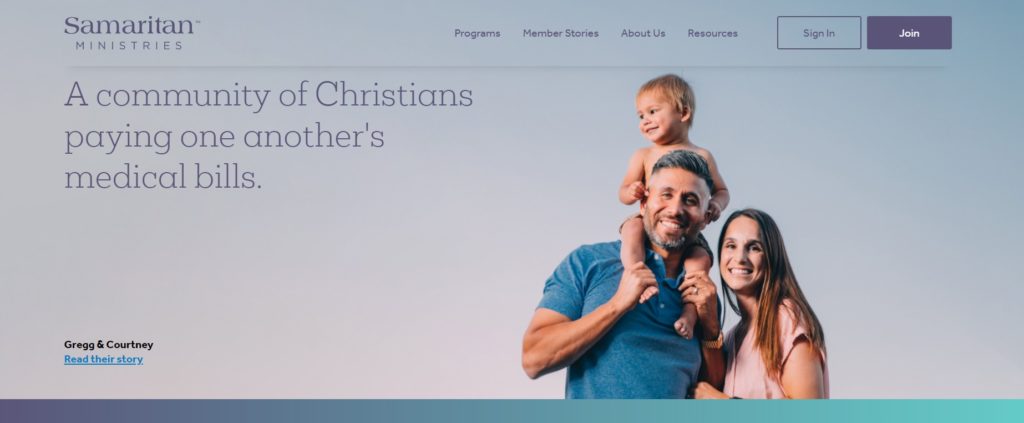Guest Article By Dr. Chad Savage
Your house should be your most expensive purchase, so the saying goes. Not these days. Today, health insurance premiums can make your mortgage payment look puny by comparison. Your home or your vacation or your children’s future should be where your money goes—not to a plastic insurance card in your wallet.
Here’s how I threw away that expensive piece of plastic and kept my money for the things I want to spend it on.
I opened my own medical practice five years ago, after resigning from my position as a physician at a hospital. Resigning meant I lost my health insurance. So, I set out to navigate the individual market. My jaw dropped when I saw the $26,000 premium for health insurance for my family of four. That’s a new car every year, I thought, except I don’t get to drive anything. Instead, I get the dubious honor of carrying a PPO card in my wallet.
As I digested that first quote of $26,000, I realized that was my cost even before any care would be provided. Even though I earned a physician’s salary, I cringed.
While I was looking for a better, more affordable way to get quality care, I discovered health care sharing ministries. These innovative organizations are based on the Christian principle of sharing each other’s burdens. It’s very different from the insurance model we’ve grown so accustomed to. Members
share each other’s medical expenses by sending monthly “shares” directly to fellow participants who are sick. Direct sharing keeps administrative costs reasonable and allows members to get affordable care. It also frees patients from network restrictions and guards against intrusion into the doctor-patient
relationship.
After my wife and I looked at several sharing ministries, we chose Samaritan Ministries. At first, we felt odd sending our monthly shares directly to another person instead of to an insurance company. But we quickly saw that sending our money to people in need, rather than a faceless company growing its
bottom line, provided unanticipated value that went beyond our budget. Members of the sharing community encourage one another with heart-felt, personal notes and prayers. Our children joined in, writing “get well” messages to send with our shares, helping them learn the value of giving.
Have you ever heard of insurance customers expressing gratitude to one another?
With this health care sharing community standing behind us in case of a major medical expense, we turned to looking for primary care at a good price. As a Direct Primary Care (DPC) physician myself, I know how the DPC model cuts costs. For a low monthly membership fee, DPC doctors keep their patient panel reasonable and they see patients as often as they need it. Patients have 24/7 phone and email access to the doctors, who are working directly for them, not a third party. Many DPC doctors also offer significantly discounted labs, meds, and imaging services, and are able to provide those services at much reduced prices than those an insurance company would through a copayment. Direct Primary Care is personal, affordable, and predictable.
Combining a health care sharing ministry with a Direct Primary Care frees the patient from the fear of being punished with an exorbitant bill for fee-for-service care. This was the solution I was looking for and it meant the best of both worlds for my entire family. For $730 a month, we didn’t have to worry about the expenses of catastrophic care, and we had unlimited primary care physician visits (with discounted labs, meds, and imaging). This is dramatically less than the monthly $2,170 I would have paid for the insurance premium alone before I even saw a physician. That translated to a savings of $172,800 per decade, or the equivalent of buying a new house—with cash—every 10 years.
So, what of all those savings I’ve had in healthcare? Well, I can say it has a great living room.
Dr. Chad Savage is the founder of YourChoice Direct Care in Brighton, Michigan and a Samaritan Ministries member.
Learn more about Samaritan Ministries at samaritanministries.org/crosspolitic.
We are starting a Fight Laugh Feast quarterly print magazine! Click HERE to subscribe.

